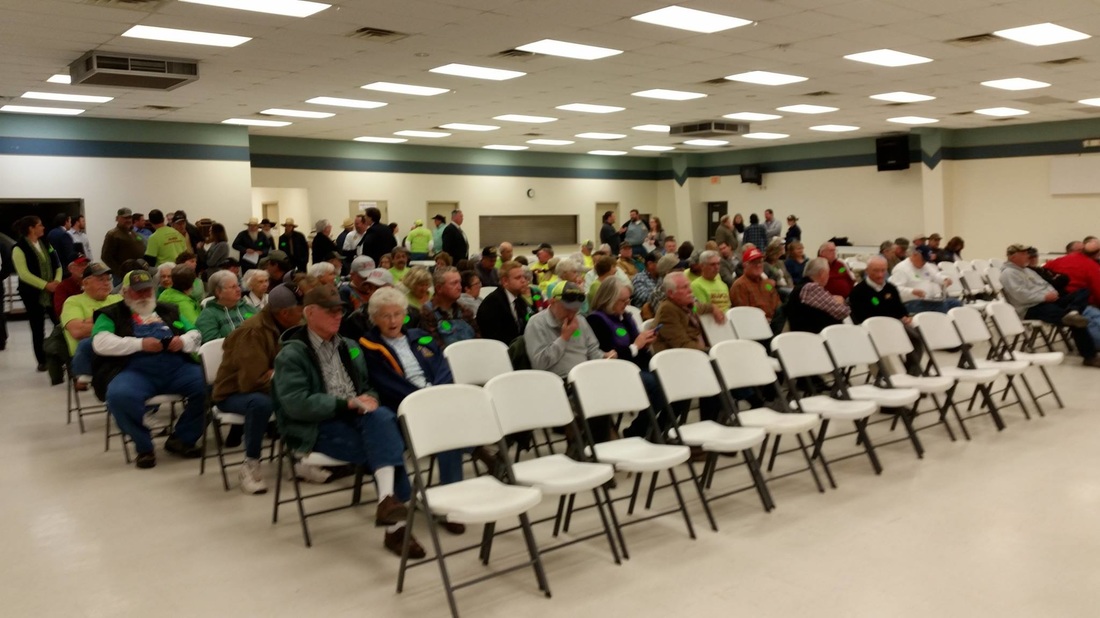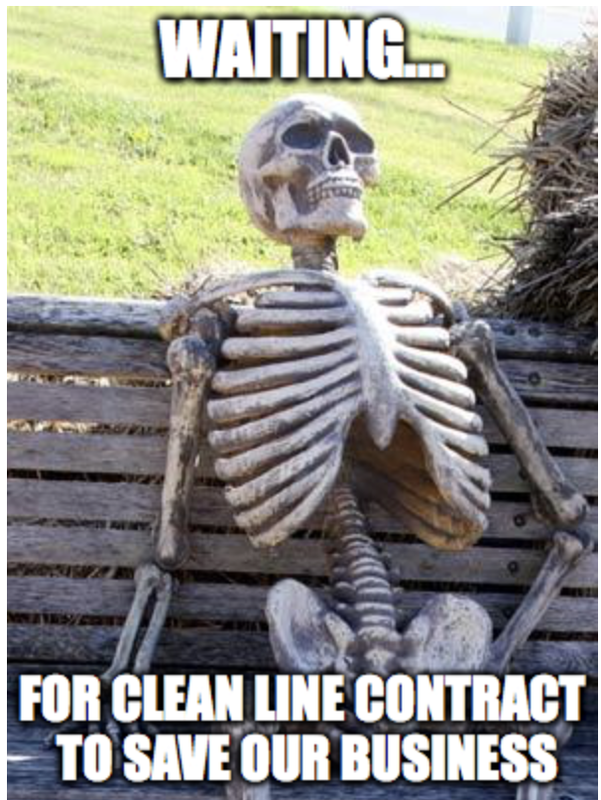The so-called remedial action scheme Dominion prepared and presented this week to PJM Interconnection, the operator of the 13-state electrical grid Virginia is plugged into, would cut power to Hampton, two-thirds of Newport News, Poquoson and eastern York County if there are faults on two of the dozens of components in the Peninsula's high transmission network.
The people of the Tidewater said, "meh."
They say Dominion's been using scare tactics when it has said there could be as many as 80 days a year in which rolling blackouts are possible. Dominion says that's the number of days when demand is so heavy that faults in the system could force it to cut some customers off in order to avoid a widespread blackout.
"It appears that Dominion Virginia Power would rather continue their campaign to frighten consumers and threaten to close their Yorktown power plants," said James Zinn, a trustee with the Save the James Alliance, who argues that federal law allows the U.S. Department of Energy to order a power plant to operate in an emergency.
"If nothing else, this is consistent with their continued inflexibility to consider less intrusive alternatives for their construction of towers over the historic James River," he said.


 RSS Feed
RSS Feed